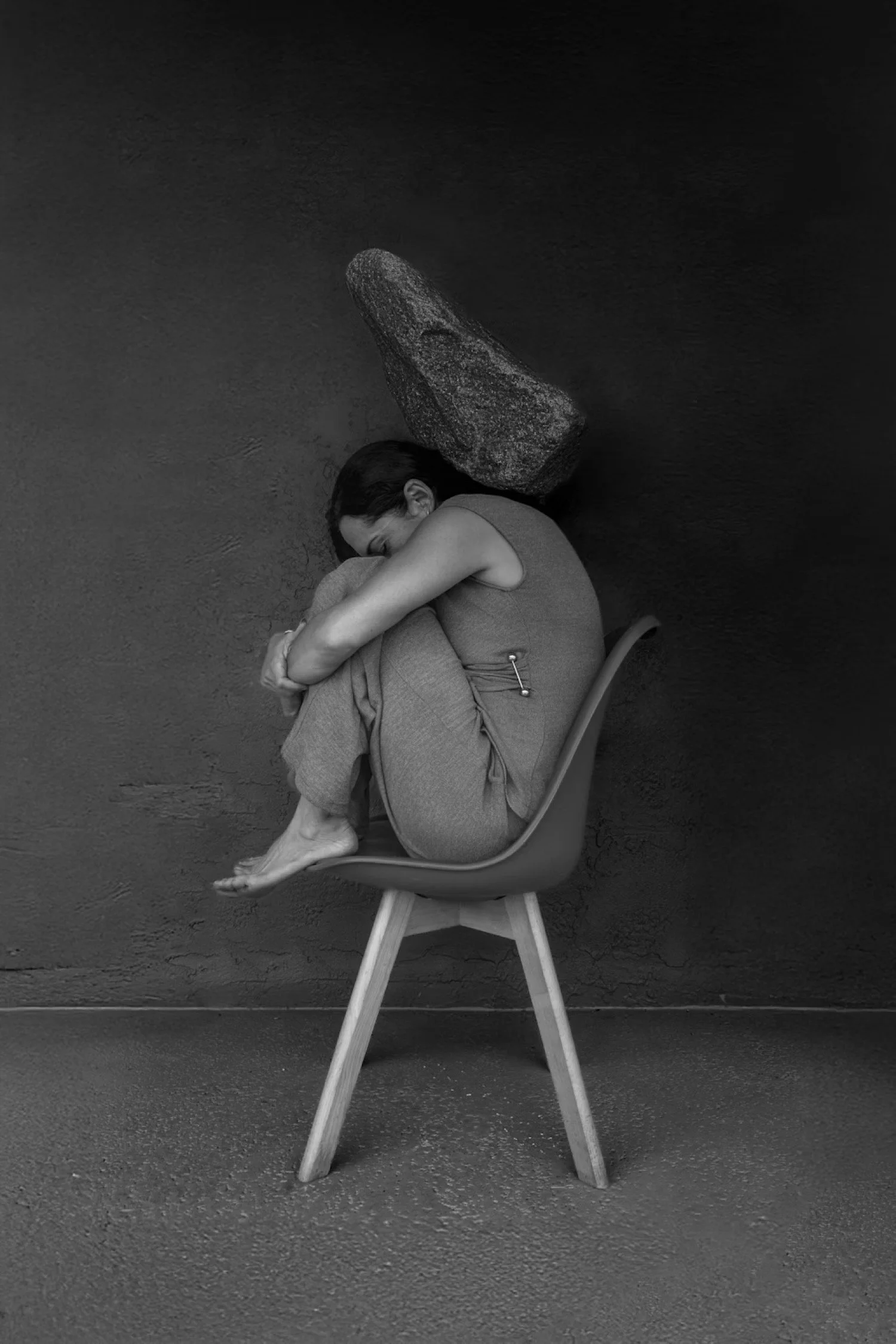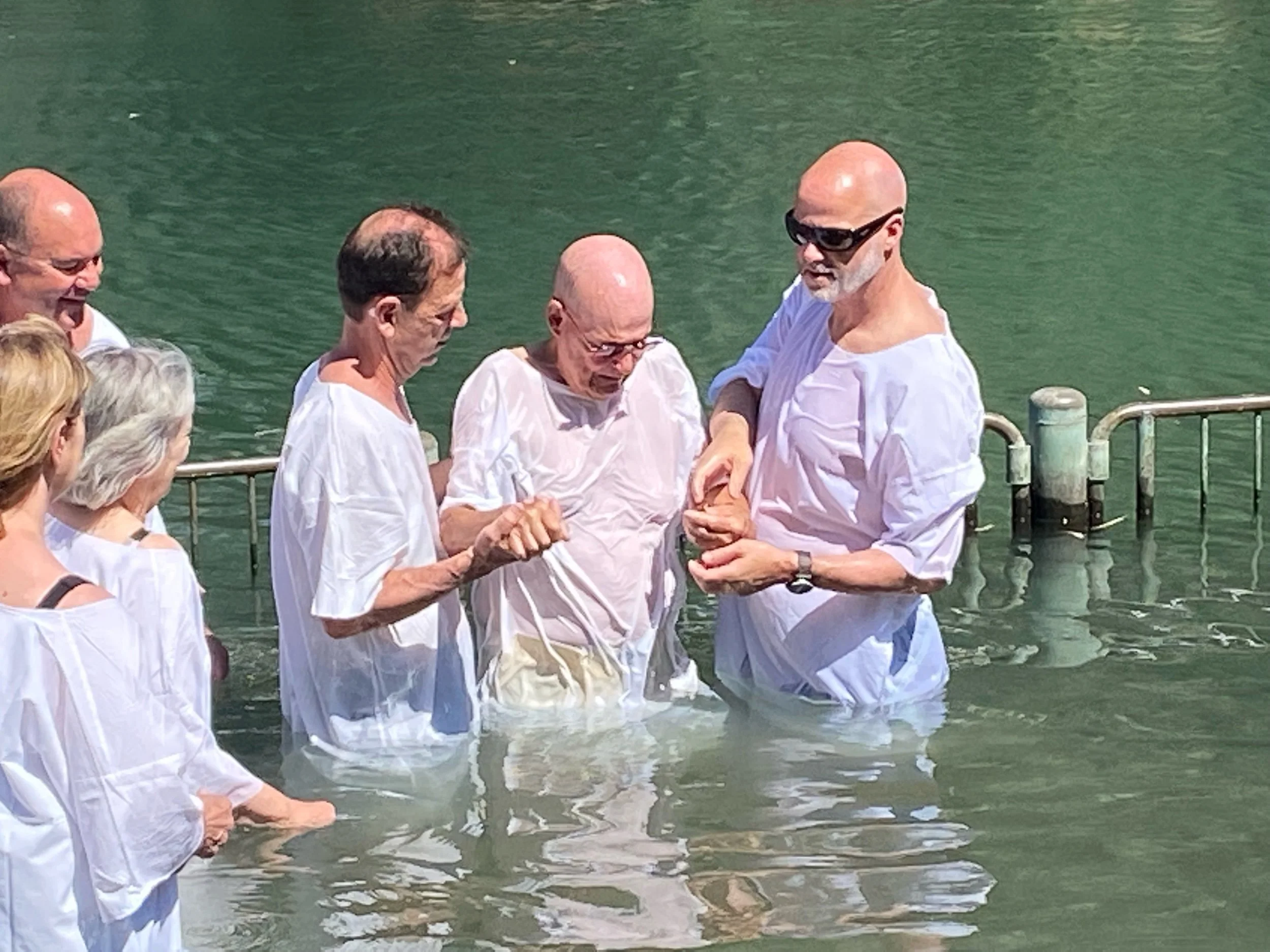Readings for today: Deuteronomy 16-19
I remember seeing death row for the first time. I was serving as a volunteer chaplain at New Jersey State Prison and I was being given a tour by the head chaplain of the facility. I was not allowed on death row but I was able to see it from the outside. The men housed there had committed horrendous crimes and, as such, were isolated from one another. They were never allowed to mix with each other or the general population. They were given one hour a day outside their cell for exercise. They took their meals by themselves. They basically were running out the clock on their appeal process. The last person to be executed in New Jersey was in 1963 though the death penalty wasn’t officially abolished until 2007, about five years after I finished my chaplaincy.
When I first began serving at NJSP, I was pro-death penalty. I believed some crimes were so horrendous and some people so evil, justice demanded they pay with their lives. I believed it helped the victims and their families find closure. And, perhaps most of all, I believed it was biblical. Passages like the one we read today were some of the key texts I relied on in my own thinking. “But only on the testimony of two or three witnesses may a person be put to death. No one may be put to death on the testimony of one witness. The witnesses must throw the first stones in the execution, then the rest of the community joins in. You have to purge the evil from your community.” (Deuteronomy 17:6-7 MSG) I found that last statement particularly compelling. Purging the evil from the community seemed like a good thing especially when one considered the nature of the crimes that would merit the death penalty.
When I finished my service at NJSP, I was anti-death penalty. Why did my views change? After all, the nature of the crimes these men committed were still horrendous. The trauma they caused still demanded justice. The grief and pain of the victim’s family and friends was still very real and heartbreaking and demanded closure. And the Bible certainly didn’t change. So why my own change of heart? First and foremost, I was challenged to dig deeper into Scripture. Even in the passage cited above, it’s important to pay close attention to the process God lays out when it comes to capital punishment. There must be two or three witnesses which eliminates any reasonable doubt. Furthermore, the witnesses themselves must be so convinced that they are willing to throw the first stone or flip the switch in our case. Not only that but the entire community must be part of carrying out the sentence. It cannot happen behind closed doors or in private or in secret. This stands in sharp contrast to how we carry out the death penalty today. Second, the chaplains I worked with and trusted shared with me how elusive closure could be for the families of victims. Simply killing the person who killed their loved one often didn’t bring any sense of peace and it actually robbed the person of the potential opportunity to extend forgiveness. Third, executing someone who does not believe in Jesus Christ sentences them to an eternity in hell. Add to this all the additional costs of the appeal process (it’s actually cheaper to keep a person in prison for life), the lack of evidence that it acts as a deterrent, and the fact that poverty and race play a disproportionate role in convictions and you can see why my views changed.
God is a God of justice. He will by no means clear the guilty or give the sinner a pass. He gives us the law in order to restrain the evil impulses of the human heart. Evil impulses that result in abuse, violence, and so much pain and suffering. God hates what we do to ourselves and what we do to others. He cannot stand man’s inhumanity to man. This is why He came. This is why He died. This is why He rose again. He breaks the power of sin that enslaves and oppresses and creates the conditions under which we commit our crimes. He breaks the power of death, commuting our own death sentence by dying in our place. Finally, He gives us the gift - not of life in prison - but of eternal life with Him. Praise be to God for His amazing grace!
Readings for tomorrow: Deuteronomy 20-23




